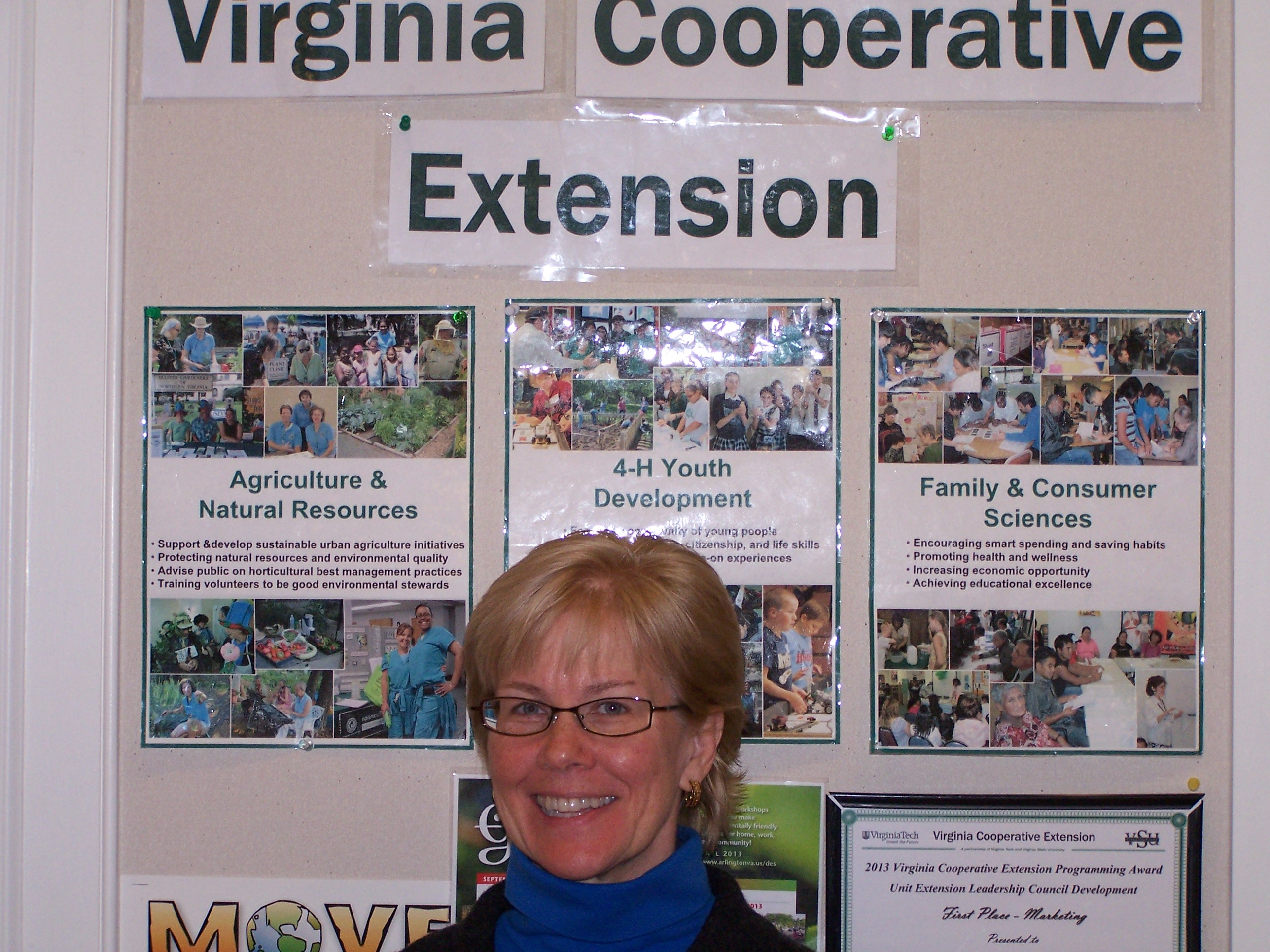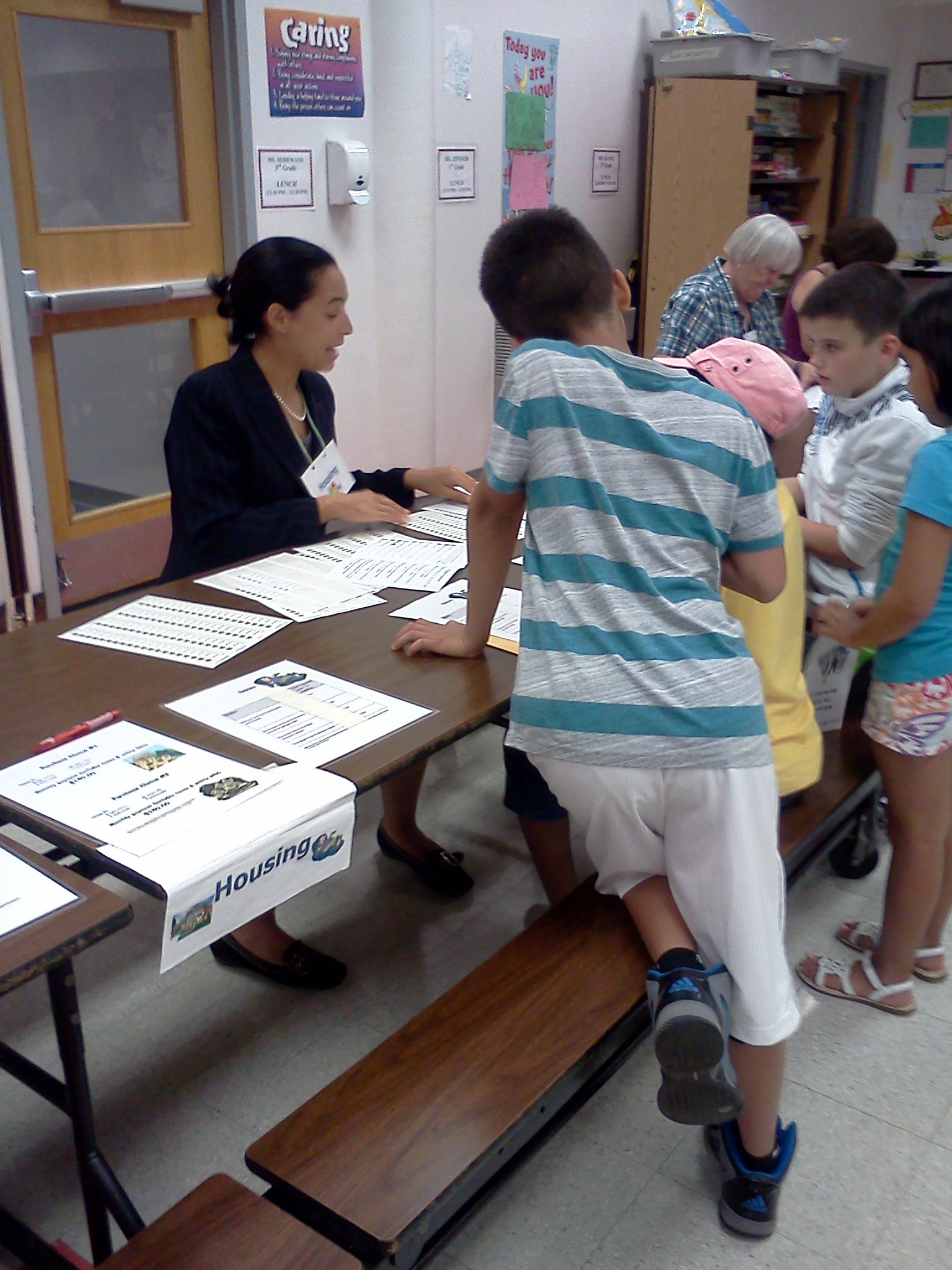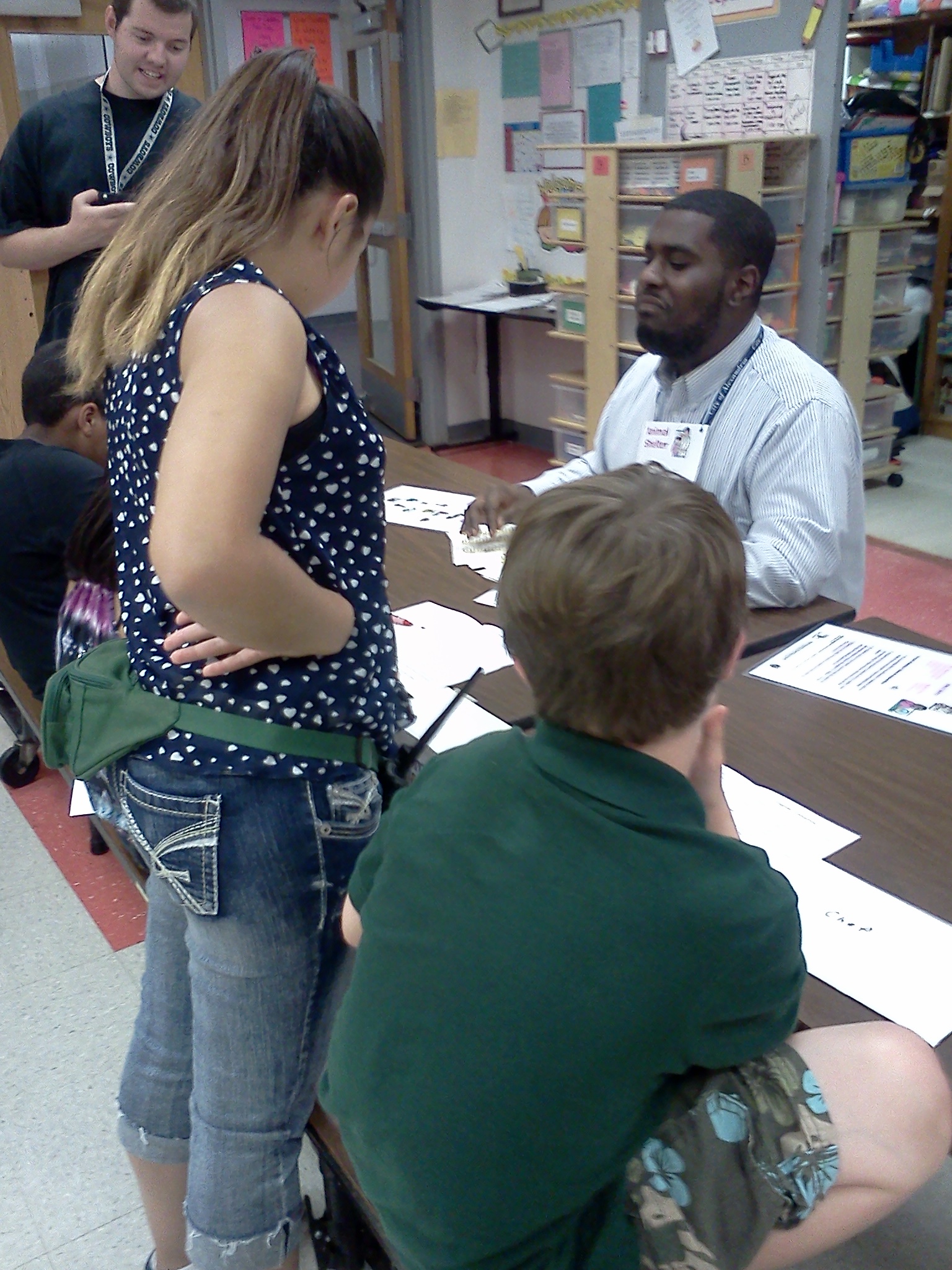On October 26 twelve new Master Financial Education Volunteers completed their training and are ready to begin helping with financial education programs in Arlington County and the City of Alexandria. Bill, Christy, Dana, Dave, David, Evelyn, Michelle, Patrick, Shauna, Tiffany, Vera, and Ximena join more than 200 trained financial volunteers who provide one-on-one financial counseling to individuals and families, help to teach classes on budgeting, debt management, and saving strategies, and help with the youth financial simulations that we do in the elementary, middle, and high schools.
The new volunteers have already leapt into their volunteer roles. Shauna and Evelyn taught a class on budgeting and saving to a group at the Nauck Community Center. Bill and Patrick will be teaching a class on Nov. 16 about credit and debt at the same location. Many of the volunteers have signed up to help with the Kids Marketplace and Reality Store events that we’ll be doing at Carlin Springs Elementary School and Arlington Mill High School Continuation Program in the coming weeks. Christy is working on setting up a series of classes on money management for recently divorced individuals. Vera is working on a program for veterans. Dave and Dana are going to be working with a previously trained volunteer—Janet—to put together a financial education program for teens who are about to complete high school and head to college.
We are grateful to have this new cohort of volunteers and are excited about their level of enthusiasm. If you are interested in becoming a Master Financial Education Volunteer or know someone who would be, please have them contact jabel@vt.edu. The next training for new volunteers will be held in April.









